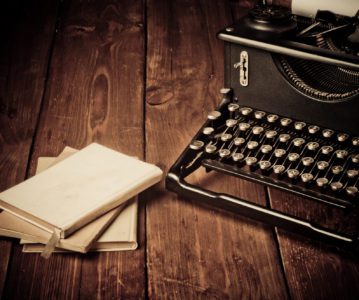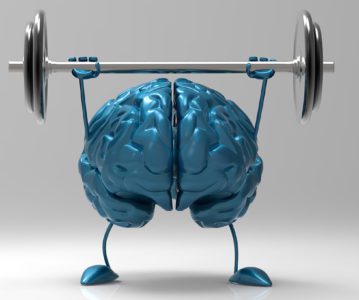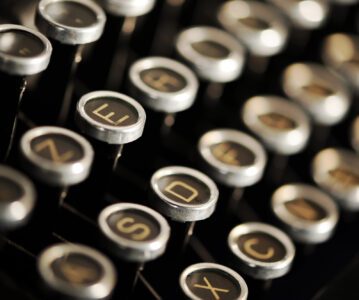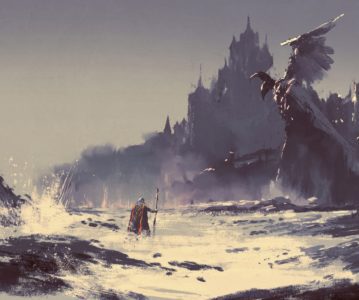 Signaling Your Genre from the Start
Signaling Your Genre from the Start
If you’re an independent author, you’ve probably done a lot of work on your title, blurb, and cover. Don’t screw it all up with the first line of your book. When a person picks up your book, or uses the look inside feature on Amazon or other sites, they’re going to read the first few lines of your book. It’s likely the final thing they’ll look at before buying your book. So, not only does it have to be a good intro into your book, it also has to not screw up the sale. But how do you do that?...










